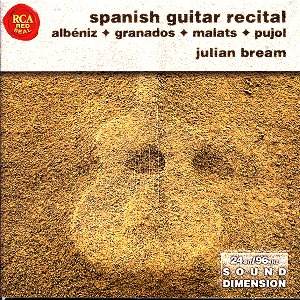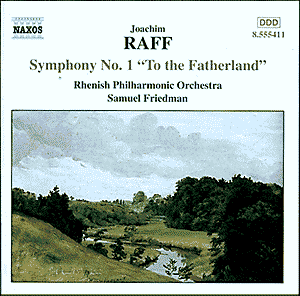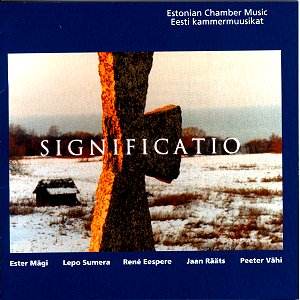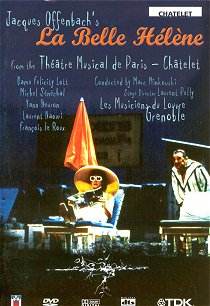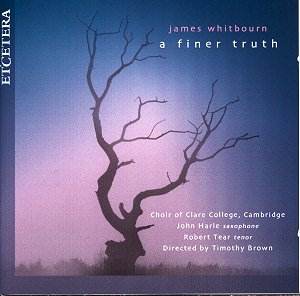 Composer: James Whitbourn
Composer: James Whitbourn
Works: A Finer Truth, Crown my Heart, Glory to Thee, Son of God Mass, Of One That Is So Fair, Hodie, Come to the Wedding, Song of Hannah, Venite, Blessings on You, This is My Commandment, The Mystery of Love, A Finer Truth, Come with Me, The Wide World Sings, I Saw a Plant, Go So Gently
Performers: Robert Tear (tenor), John Harle (saxophone), Joby Burgess (percussion), John Reid (organ), Choir of Clare College Cambridge, directed by Timothy Brown
Recording: Chapel of St John’s College, Cambridge, June 25-26, 2001
Label: Etcetera KTC 1248
James Whitbourn, a prominent figure in contemporary sacred music, presents a compelling collection of works in A Finer Truth, which showcases his distinctive synthesis of traditional liturgical elements with modern sensibilities. This recording, featuring the accomplished Choir of Clare College, Cambridge, under the direction of Timothy Brown, encapsulates Whitbourn’s ability to breathe new life into sacred texts, drawing from both the Old and New Testaments. The works here range from the serene Crown my Heart to the more complex The Mystery of Love, illustrating a broad emotional and stylistic palette that invites both reflection and celebration.
The Son of God Mass stands out as a significant centerpiece of the album, beginning with an arresting introit led by the soprano saxophone, expertly performed by John Harle. This unconventional introduction sets the stage for a work that balances meditative passages with moments of soaring jubilation, particularly in the Kyrie, which pairs the choir with the ethereal voice of Elin Manahan Thomas. The interplay between the choir and saxophone creates a rich tapestry of sound, a hallmark of Whitbourn’s orchestration that allows each voice and instrument to resonate with clarity. The Sanctus and Benedictus further illustrates the choir’s vocal prowess, delivering a performance that is both majestic and atmospheric.
Whitbourn’s choice of texts provides fertile ground for musical exploration, particularly in The Mystery of Love, where the blend of diverse instruments—including djembe, log drum, and Tibetan prayer bowls—adds an exotic flair that complements the text’s emotional depth. The vocal performance of Robert Tear is commanding, and while the music’s challenges are evident, his engagement with the material reveals a profound understanding of its dramatic potential. The contrasting styles between Of One That Is So Fair, a serene medieval carol, and Hodie, a lively modern setting, showcase Whitbourn’s versatility and ability to engage with historical contexts, making both pieces refreshing alternatives to more commonly performed carols.
Sound quality and engineering play an essential role in this recording, with the acoustics of the Chapel of St John’s College enhancing the choral harmonies and instrumental clarity. The blend of voices and instruments is captured with remarkable detail, allowing the listener to appreciate the intricate textures of Whitbourn’s compositions. However, some moments could benefit from a more pronounced dynamic contrast to elevate the emotional impact further.
While comparisons to other modern sacred music composers may arise, Whitbourn’s ability to marry traditional forms with contemporary language and instrumentation sets him apart. This recording demonstrates that sacred music can evolve while maintaining its spiritual essence. The editing of the composer’s notes, though occasionally confusing, does not detract from the overall experience of the music, which stands as a testament to Whitbourn’s innovative spirit.
This inspired new sacred music revels in both its reverence and modernity, offering a refreshing departure from the standard repertoire. Each work is imbued with a distinct character and emotional weight, making A Finer Truth not just a collection of pieces, but a cohesive journey through faith and reflection. Whitbourn’s compositions deserve a prominent place in contemporary sacred music, and this recording is a worthy ambassador for his artistic vision.
